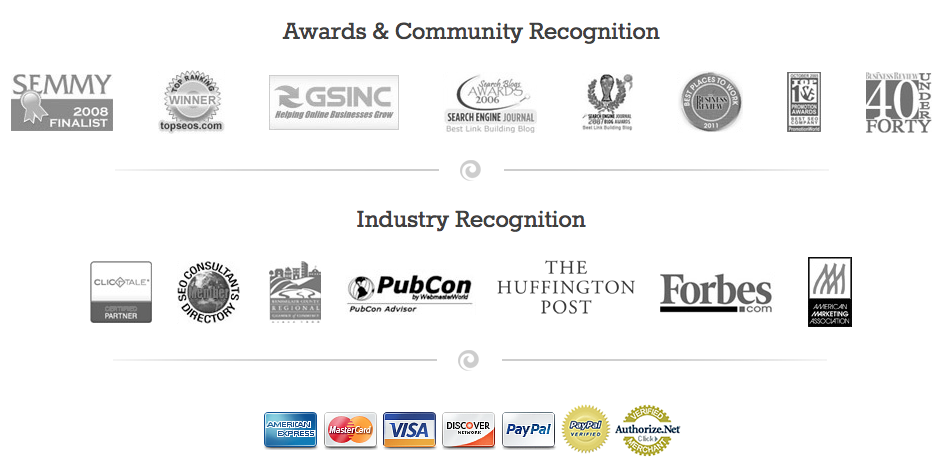Understanding Search Engine Marketing Tactics
To add the above image to your website, please copy and paste the code below.
Why is it getting harder and harder to leave Google?
This question has been debated by SEO experts for some time. Many fear that Google is setting the standard for advertising in a monopolistic way that eliminates the competition from other search engine providers and defines which web sites are considered relevant. Others accept Google’s dominance and appreciate working with a single set of rules for SEO purposes.
However you feel about Google, the fact remains that the industry giant is sometimes difficult to figure out. Some experts feel that Google’s attempts to eliminate spam are thinly-disguised efforts to substitute its own version of controlled content; others disagree. This infographic traces the deletion of spam and the substitution of Google’s own method of funneling users.
Google says: Do not use spam.
Google does: Use paid links to promote businesses.
Google says: Do not use paid blog posts.
Google does: Use paid blog posts on its Japanese site.
Google says: Do not use doorway pages.
Google does: Use content farm pages like eHow, inserts thin content pages in its search engine results, and fast-tracked Google+ pages to the detriment of other content.
Google says: Do not use duplicate content.
Google does: Use thin, duplicated content for its pages from sites like Yelp.
Google says: Do not use low diversity.
Google does: Use little diversity in its AdWords keywords.
Google says: Do not use content farms.
Google does: Use AdSense which funded content farms.
Google says: Do not use cloaking.
Google does: Use frequent surveys in which you cannot enter a site without completing their survey.
Google says: Do not use thin affiliates.
Google does: Use selling of paid third-party affiliates and promotes their own pages.
Google says: Do not tailor pages for search engines but for users.
Google does: Use canonical tags geared for search engines.
Google says: Do not use multiple pages or domains with similar content.
Google does: Use multiple sites with the same concepts and even the same content.
Google says: Do not put in too many ads.
Google does: Use so many ads on some pages that content falls below the fold.
Google says: Do not promote questionable websites.
Google does: Use sites such as illegal pharmacies that cost the company millions in fines.
Google says: Do follow quality guidelines.
Google does: Not follow their own guidelines.
Getting Help From SEO Experts
Whether you agree with the opinions in the infographic or not, few would argue that making Google happy is a primary consideration for those who want to advertise on the web. In view of this, it is often helpful for business owners to have experts who understand Google’s rules and peculiarities and can structure advertising campaigns that take them into consideration.
If you are in need of professional help, please contact Orange County SEO for a free quote. Our experts can help you navigate Google’s complexities and maximize your Internet presence, giving you better site traffic and conversion rates.


















